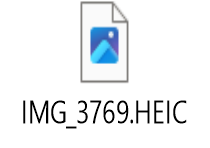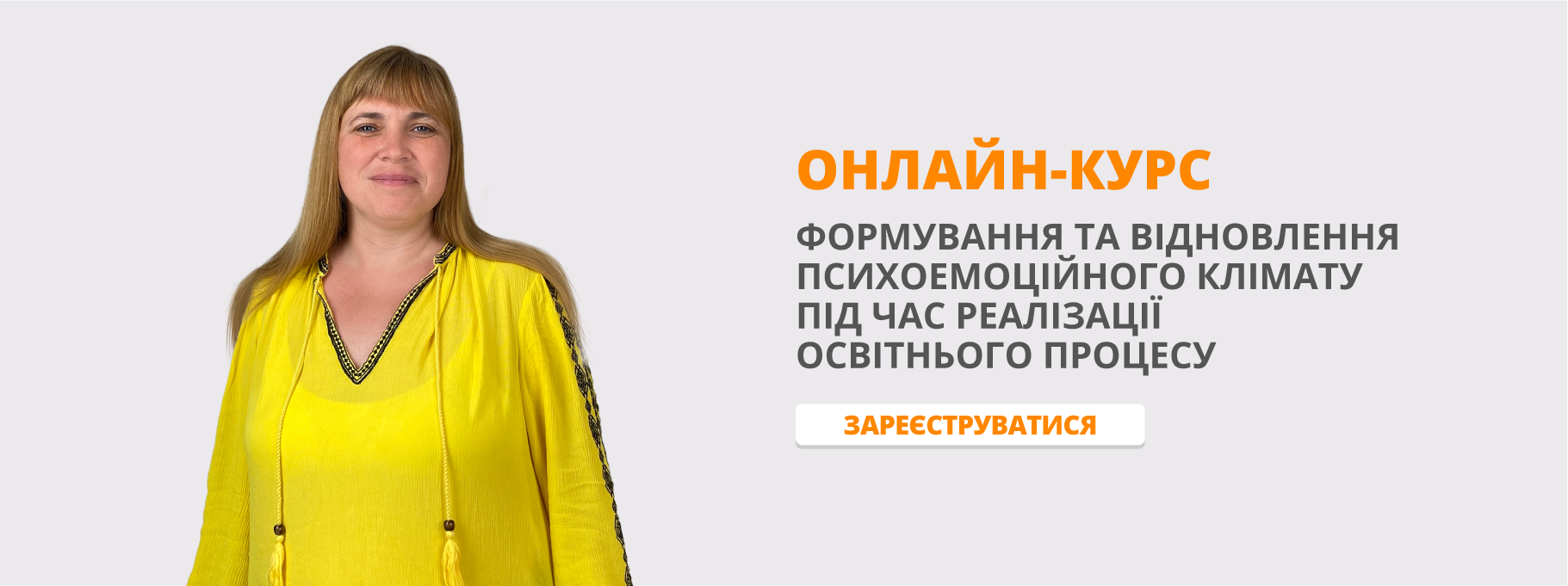Урок у 9 класі "The Role of Mass Media in the Life of Teenagers"
FORM: 9
TOPIC: THE ROLE OF MASS MEDIA IN THE LIFE OF TEENAGERS
OBJECTIVES:
to revise the lexical units concerning the topic “Mass Media”;
to introduce the topic of means of communication and its importance for teenagers;
to teach some vocabulary and expressions related to means of communication;
to practice the four language skills of speaking, listening, reading, and writing using means of communication as the context;
to teach cooperation in pair and group work;
to develop critical thinking, creativity, collaboration, and media literacy skills among the students.
Equipment: computer, textbook by Oksana Karpyuk “English Year 9”, personal tasks cards, text recording.
PROCEDURE
Hello, children. Today we are united into two groups. As you remember, at the beginning of studying our topic we did the quiz. And according to the results of the test, we have two groups Group 1 – Television and Group 2 – the Internet.
Our lesson will be conducted in the form of the contest.
- Warming Up.
Teacher reads the definition of the word and the pupils’ task is to guess and name the word. One team has the right to name one word. In the case the team doesn’t have an answer, the other team has the right to do it. One word is one point. The results will be recorded on the blackboard.
1 – a part of the internet where people can communicate by writing messages, often on a particular subject
2 – a regular record of your thoughts, opinions, or experiences that you put on the internet for other people to see
3 – abbreviation to short message service
4 – a short piece of information that you give to a person when you can’t speak to them directly
5 – on social media, a group of people who have similar interests
6 – an informal, usually private, talk
7 – a set of pages of information on the internet about a particular subject, published by a single person or organization
8 – the way that two people can speak to each other by phone
9 – a regularly printed document consisting of large sheets of paper
10 – a written message from one person to another, usually put in an envelope and sent by post
11 – a type of thin book with large pages and a paper cover that contain articles and photographs
12 – websites and computer programmes that allow people to communicate and share information using a computer or mobile phone
13 – a large system of connected computers around the world that allows people to share information and communicate with each other
After solving a crossword, the teacher announces the topic of the lesson.
Teacher: So, you see that we are going to speak about mass media and the role of the mass media in the life of a teenager.
The results of the first stage of your contest are on the blackboard.
- Listening.
Teacher: Now it’s time to do our next task. We will listen to the text twice. After the first time, you should order the topics the girls are speaking about.
|
|
Boxes |
|
|
The Internet |
|
|
Puppies |
When you listen to the text for the second time, you should answer the questions and write the names of the girls.
|
Name |
|
|
Name |
|
|
Name |
|
Let’s start.
The pupils listen to the text of exercise 2 page 78 and do the tasks.
- Reading.
Teacher: Now it’s time for reading. We’re going to read the text. Then you should do the test. You can do the test in formal way or use the QR code.
TELEVISION IN GREAT BRITAIN
Watching television is one of the great British pastimes. Broadcasting in the United Kingdom is controlled by the BBC (British Broadcasting Corporation) and IBA (Independent Broadcasting Authority). The BBC receives its income from the government, but the private companies controlled by the IBA earn money from the advertising.
National radio is controlled by the BBC, and listeners can choose from four stations. Radio1 is a pop music station with news and magazine - style programmes. Radio 2 plays light music and reports on sport. Radio 3 plays classical music. Radio 4 has news programmes, drama and general interest programmes.
There are many local stations, some private and some run by the BBC. Their programmes consist mainly of music and local news.
The BBC has two TV channels. The BBC 2 has more serious programmes
and news features. The IBA is responsible for looking after the regional independent TV (ITV) companies who broadcast their own programmes. There is a break for advertisements about every 15-20 minutes. The most popular independent channel is called Channel 4 and it has more specialized programmes than the main channels. In general people think the programmes offered on the British television are of a very high standard. Some people, however, are becoming worried about the amount of violence on TV, and the effect it may have on young people.
TEST
- British people don’t like watching TV.
- The BBC controls the National radio of Great Britain.
- The private companies get money from the British government.
- The private companies get money from advertisement.
- There are four radio stations in the National radio.
- The BBC has many TV channels.
- The IBA is responsible for regional independent TV.
- Channel 1 is the most popular independent channel.
- The British television offers many good programmes.
- Broadcasting in the UK is controlled by the BBC and IBA.
- The BBC receives its income from the government.
- There is no advertising on the British television.

Teacher: You can see the results of the test immediately or after our lesson.
IY. Speaking and Writing.
Work in groups. Each team makes up sentences (5-7) about the advantages of the Internet (Group 1) and the advantages of television (Group 2).
The time to prepare is about 7 minutes. After finishing, each team presents the information near the blackboard.
Y. Summing Up.
Teacher and pupils sum up the results of the contest. The winners are given the additional point to their lesson’s mark.
Hometask: to speak about the advantages of the Internet/television in the life of a teenager.


про публікацію авторської розробки
Додати розробку
